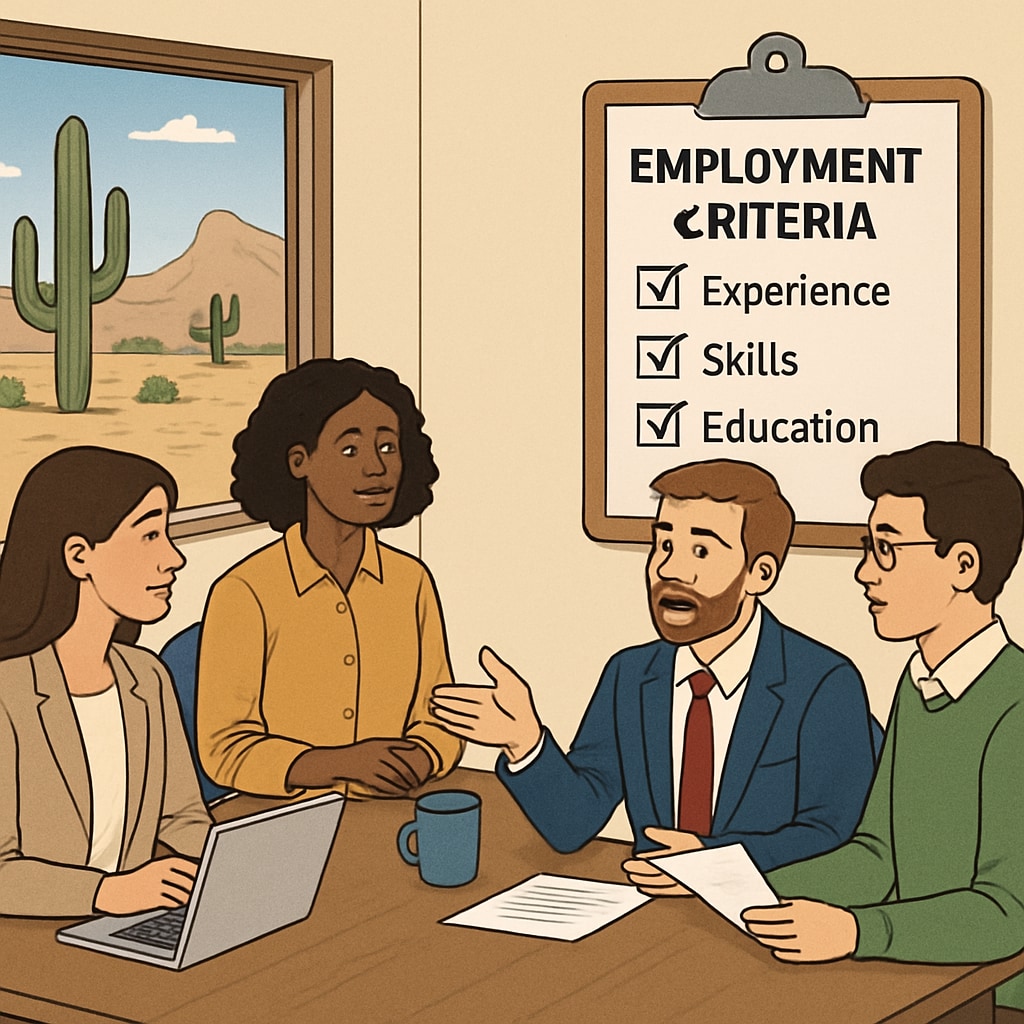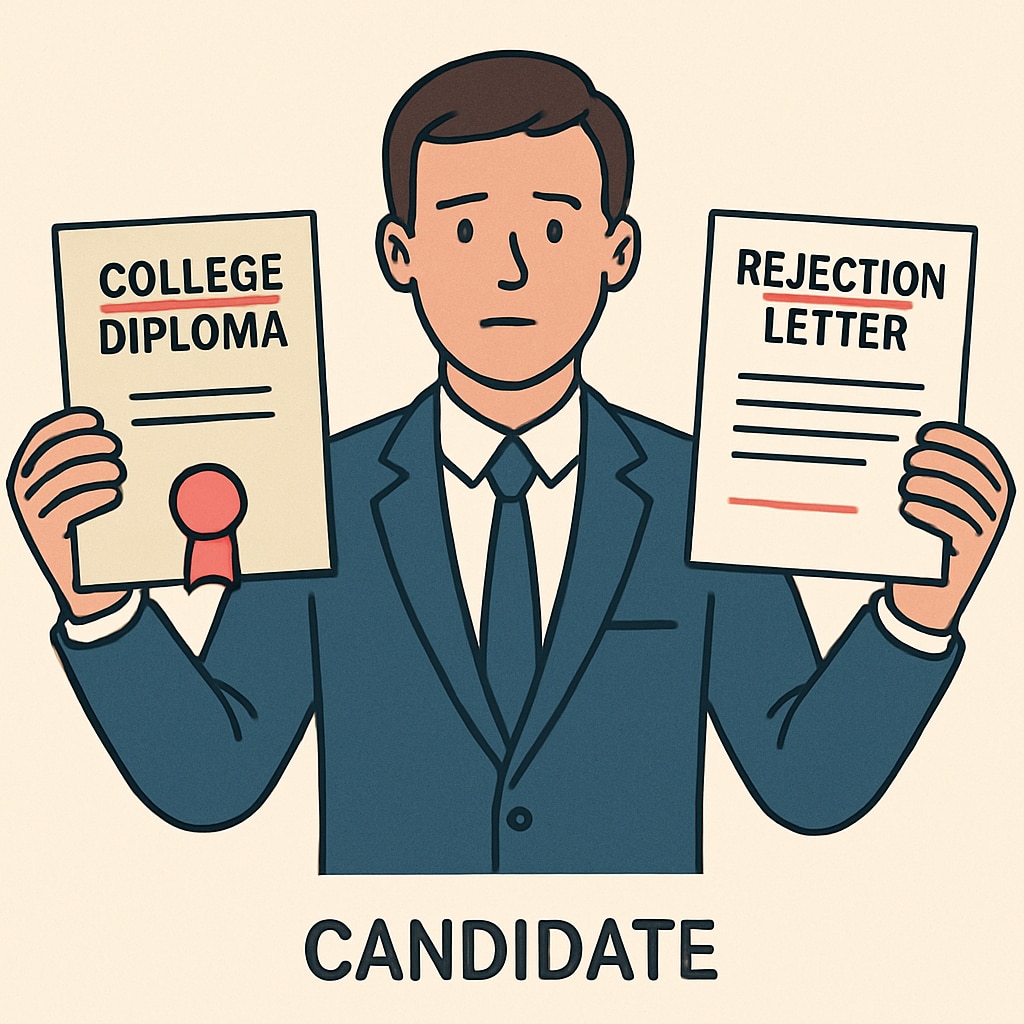In Arizona, employment policies within government agencies have raised significant concerns regarding fairness and practicality. Cases have emerged where individuals with advanced college degrees are disqualified from job opportunities due to the absence of a high school diploma. This paradoxical situation has ignited debates surrounding the state’s approach to educational qualifications and its implications for job seekers. The issue highlights critical flaws in the current system, prompting questions about equity in hiring practices and the value of different educational paths.
Challenges in Arizona’s Employment Criteria
The controversy stems from a rigid adherence to certain hiring criteria that prioritize high school diplomas as mandatory qualifications. While this might seem logical for entry-level roles, it becomes problematic when applied to candidates with college degrees or higher qualifications. For instance, a person holding a master’s degree in public administration may be deemed ineligible for a government position simply because they lack a high school diploma. This approach undermines the broader educational achievements and expertise of potential candidates.

Moreover, this policy inadvertently reinforces a narrow interpretation of educational qualifications. It disregards the diverse pathways individuals take to achieve academic and professional success, thereby marginalizing those who may have pursued unconventional routes. According to Wikipedia’s overview of U.S. education, many students bypass traditional high school diplomas through equivalency exams or accelerated college programs, yet these are often overlooked by rigid hiring frameworks.
The Implications for Job Seekers
Arizona’s employment policies have broader implications for job seekers and the state’s workforce. By emphasizing high school diplomas, the policies risk discouraging individuals who have invested time and resources into higher education. Such practices may lead to unintended employment discrimination against highly qualified individuals, limiting the talent pool available to government agencies.
For example, a report from Britannica highlights how higher education equips individuals with critical thinking skills, specialized knowledge, and professional expertise. Ignoring these attributes in favor of basic qualifications diminishes the potential contributions of educated professionals to public service roles. This raises concerns about whether the policies truly serve the best interests of Arizona’s citizens.

Rethinking Educational Value and Policy Reform
To address these challenges, Arizona should consider revising its hiring criteria to better reflect the diverse educational backgrounds of applicants. A more flexible approach could include recognizing equivalency exams, professional certifications, and advanced degrees as valid substitutes for high school diplomas. Such reforms would align hiring practices with the evolving nature of education and employment in the 21st century.
In addition, policymakers must reevaluate the underlying assumptions about the value of K-12 education versus higher education. While high school diplomas remain important milestones, they should not overshadow the significance of college degrees in preparing individuals for specialized roles. A balanced perspective would ensure that all forms of education are valued appropriately, fostering a more inclusive and effective workforce.
Readability guidance: Using concise paragraphs and lists ensures clarity. The article balances active voice and transitions like “however,” “therefore,” and “for example” to maintain flow and readability.


